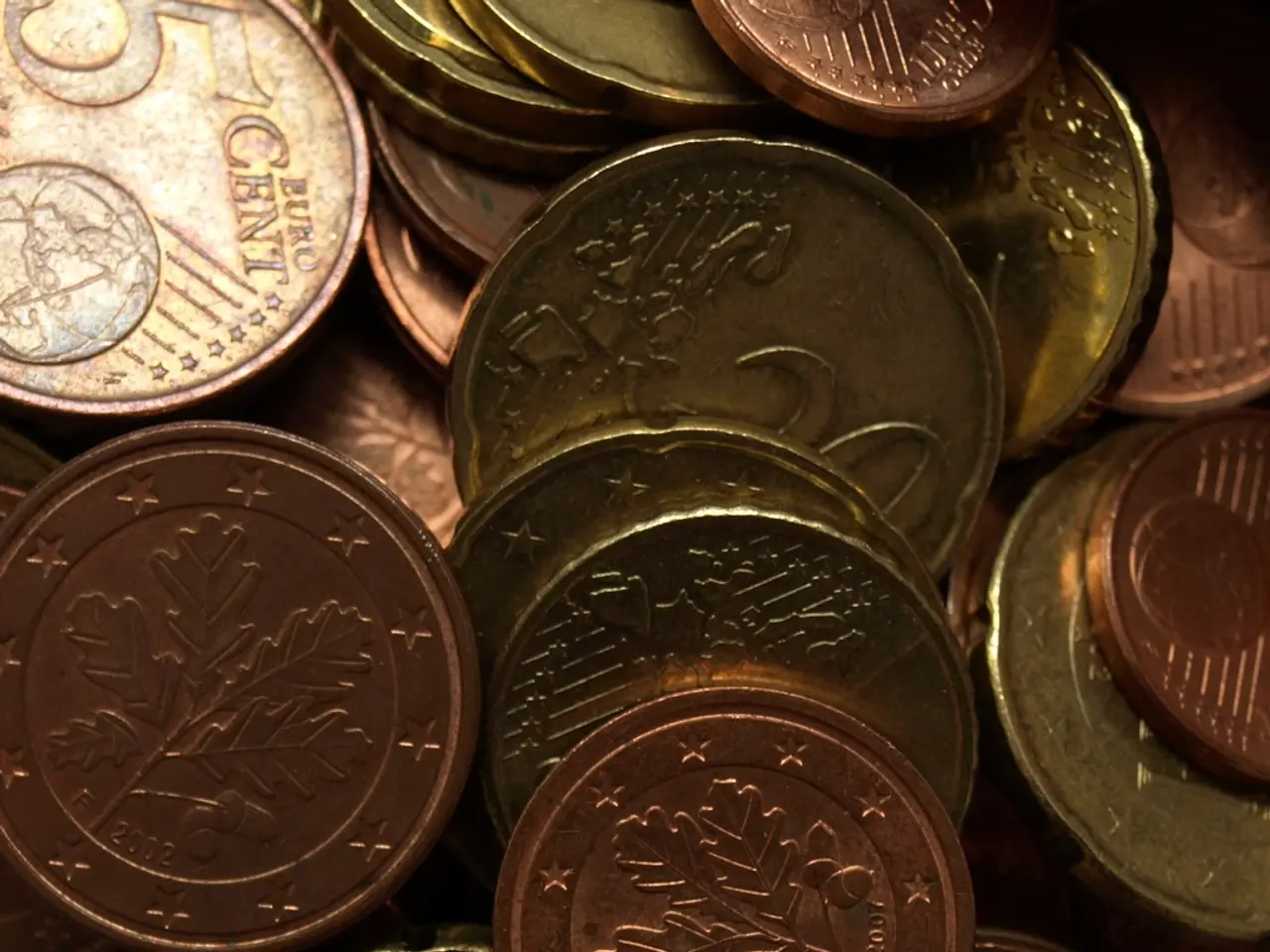Venezuela's Administration Boosts USDT Adoption in Response to Dollar Deficiency
In the face of economic hardship and US sanctions, Venezuela has turned to cryptocurrency as a means to facilitate transactions and maintain economic operations. The state oil company, PDVSA, is at the forefront of this shift, using Tether USDT for crude sales payments due to restrictions on traditional banking channels imposed by US sanctions.
Last year, PDVSA began gradually increasing its use of digital currency, with the adoption of Tether USDT marking a significant shift in its financial strategy. This trend reflects broader societal changes in Venezuela, as the country grapples with acute foreign currency shortages, primarily due to restrictions on oil exports, which were the primary source of dollars for the Venezuelan economy.
In June 2025, the Venezuelan government allowed certain government-approved digital wallets, managed by a limited number of Venezuelan banks, to issue USDT stablecoins for private sector transactions. This move enabled businesses to convert bolívars into USDT for domestic and international payments, providing a much-needed alternative to scarce traditional dollar exchanges.
The adoption of cryptocurrency in Venezuela has seen a surge, with the 2024 Chainalysis Crypto Adoption Index ranking the country 13th globally after a 110% surge in adoption. Local analyst firm Ecoanalítica estimates that $119 million in cryptocurrencies, including Tether USDT, were sold to the private sector in July alone.
The use of Tether USDT by PDVSA and private local firms allows Venezuela to bypass traditional banking systems affected by US sanctions. Citizens in Venezuela increasingly rely on digital assets to preserve value amid hyperinflation, and the use of Tether USDT helps maintain economic operations, including domestic production of essential goods such as food.
However, Tether USDT has not been without controversy. In mid-2024, Tether froze $5.2 million of USDT in 12 suspicious addresses, which were related to the purchase of oil from PDVSA. These actions raise questions about the regulation and oversight of cryptocurrencies in the country.
The Venezuelan government continues to implement "non-traditional mechanisms of management in the exchange market", according to Vice President Delcy Rodríguez. Despite the challenges, the adoption of cryptocurrency, particularly Tether USDT, seems set to continue as Venezuela seeks innovative solutions to navigate its economic struggles.








